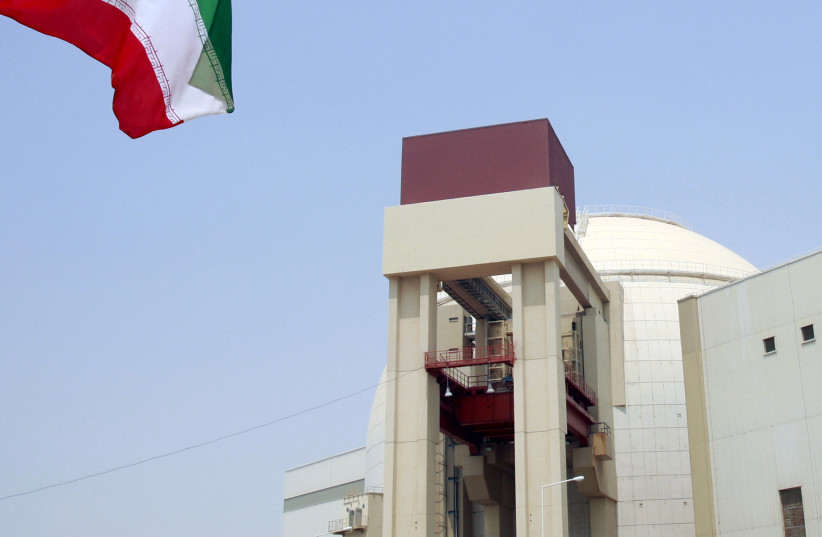According to the intelligence document reviewed by The Jerusalem Post, “In 2019, the BfV [federal domestic intelligence service] was only able to find occasional indications of Iranian proliferation-related procurement attempts for its nuclear program. Such indications arise when the methodological approach to the procurement of goods, [and] their application also in a nuclear program and/or available knowledge about the final recipient respective to the inquiring point indicate a potential procurement background relevant to proliferation.”
The report, however, said that “as far as a verification of these indications was possible, they did not provide any evidence of a violation of the JCPOA in Germany.”
The Joint Comprehensive Plan of Action is the formal name of the agreement that Iran reached with world powers to curb Tehran’s nuclear weapons ambitions in 2015. In exchange for restrictions imposed on its atomic program, the world powers agreed to provide economic sanctions relief to Tehran.
The intelligence service did not outline the reasons for their claim that Iran’s attempts were not violations of the JCPOA. The federal intelligence report did not delineate the nature of Iran’s illicit nuclear activities in Germany.
The German intelligence findings did not note if Iran’s nuclear proliferation attempts were sent to the United Nations Security Council, the world powers who agreed to the atomic accord, or the International Atomic Energy Agency for review.
The US government withdrew from the Iran deal in 2018 because the Trump administration said the agreement did not stop Tehran’s drive to build nuclear weapons and spread terrorism. The UK, France, Russia, China and Germany are still parties to the deal.
The report cited Iran’s nuclear goods attempts in 2019 in chapter VII titled “Proliferation.” The German intelligence agency defines proliferation in its report as: “The proliferation of atomic, biological or chemical weapons of mass destruction (ABC weapons) or the products used in their manufacture and corresponding weapon delivery systems (e.g. missiles and drones) including the know-how required for this is called proliferation.”
According to the section on proliferation, “The production and proliferation of weapons of mass destruction pose a serious threat to world peace and international security. They can also significantly destabilize entire regions.”
German Chancellor Angela Merkel’s administration remains deeply wedded to the Iran deal and advocates that the UN embargo on barring weapons sales to Iran should be lifted. Merkel’s government has also participated in workshops to circumvent US sanctions targeting Iran’s malign activities.
The Post reported in June that the German state of Baden-Württemberg’s intelligence agency said Iran’s clerical regime has continued its illicit proliferation activities in the federal republic during 2019.

